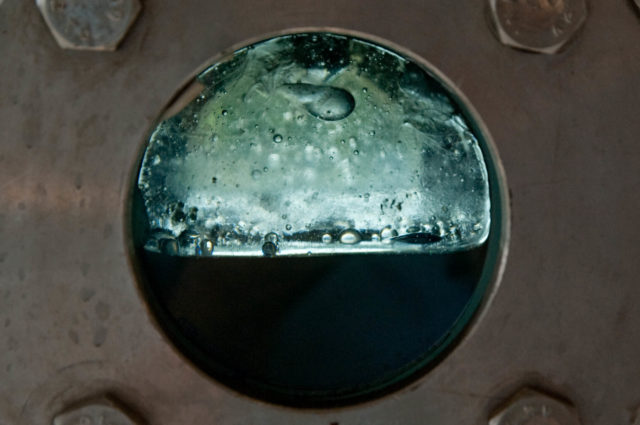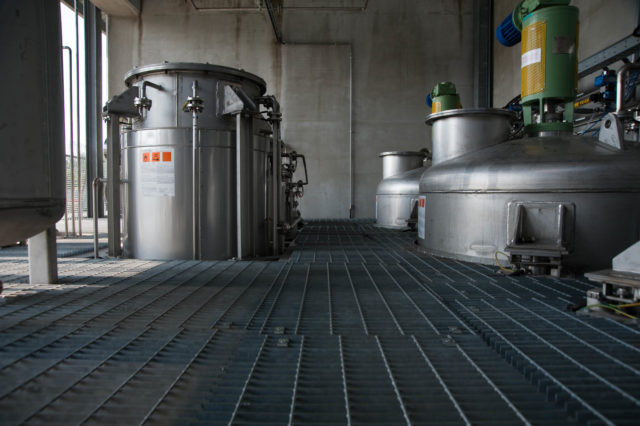Organic peroxides are sources of radicals, and it is in this capacity that they are used primarily in the polymer industry. Although used in small quantities, peroxides are not to be considered as catalysts, as they sometimes are inappropriately defined, in that they do not actively participate to the reaction and cannot be retrieved unaltered.
The reactivity of peroxide-derived radicals does not depend, therefore, only on the nature of primary decomposition, but also on the products of a subsequent stabilisation. This might happen in various stages, depending on the reaction’s environment and conditions.
The most commonly adopted reaction for the generation of radicals is thermal decomposition of a relatively unstable chemical species such as a peroxide. In polymerisation, peroxides are stable chemical products at room temperature.
The accelerators’ temperature causes the peroxides to decompose into radicals, which start the resin polymerisation reaction.
The polymerisation reaction follows certain criteria that may be modified, to a greater or smaller extent, with customers’ inputs in collaboration with our technical assistance. This will allow optimising to the maximum the production cycle and reaching desired goals.



